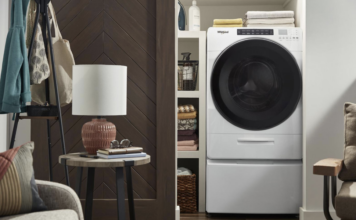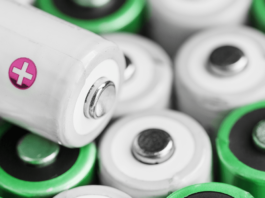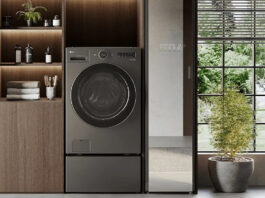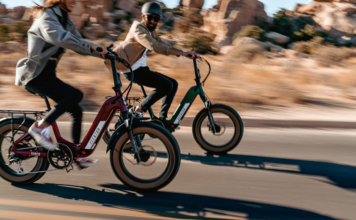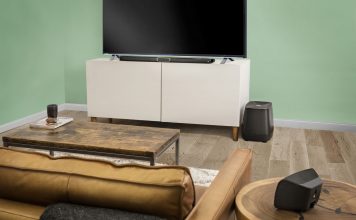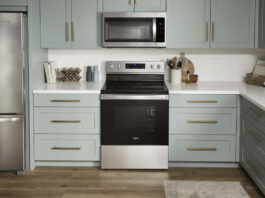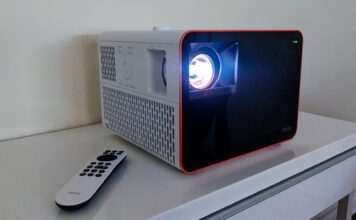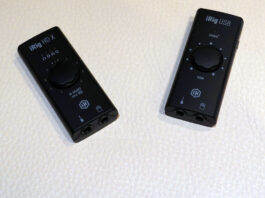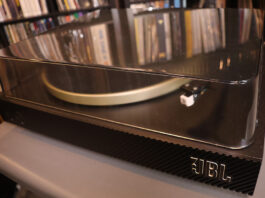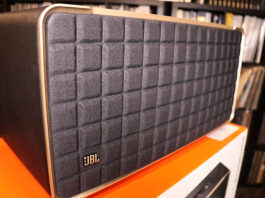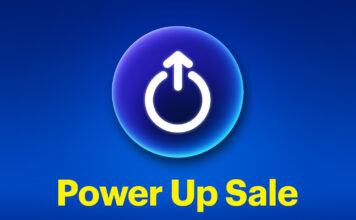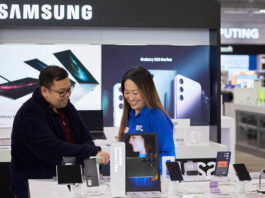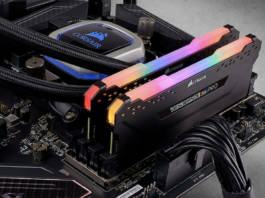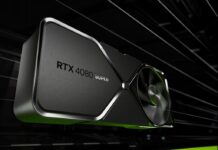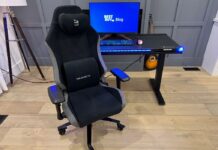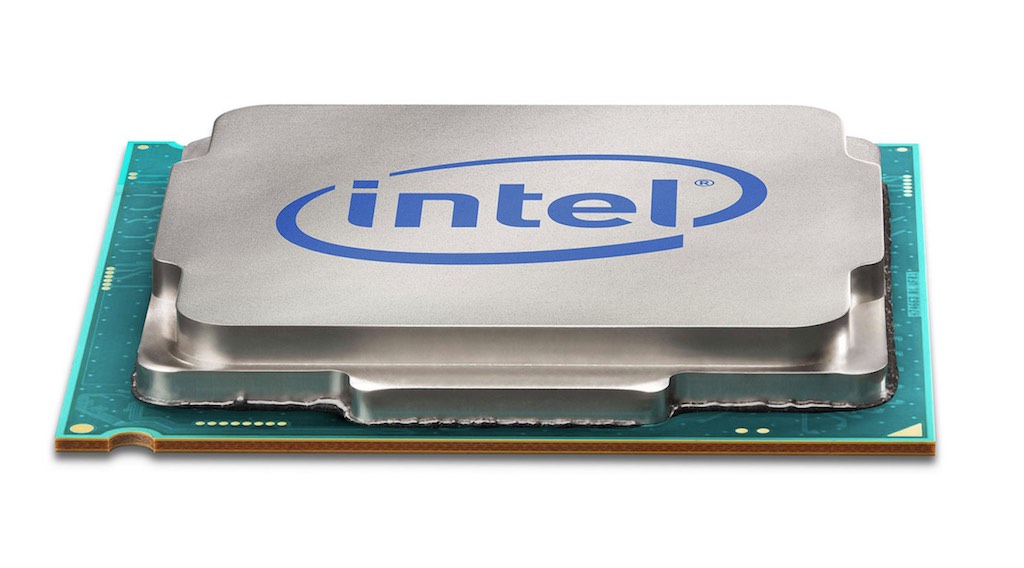
It seems like just yesterday that I was talking about Intel’s 7th generation “Kaby Lake” CPUs. Actually, it was only eight months ago. It was January when the Kaby Lake chips starting shipping en masse. However, the computer processor landscape has changed significantly in that short timeframe. In particular, AMD began releasing its new Ryzen CPUs, with at least four-cores all-round and enhanced support for multi-threading. Intel has been secretive about its response, but the 8th generation “Coffee Lake” CPUs are about to hit.
And things are going to get pretty interesting.
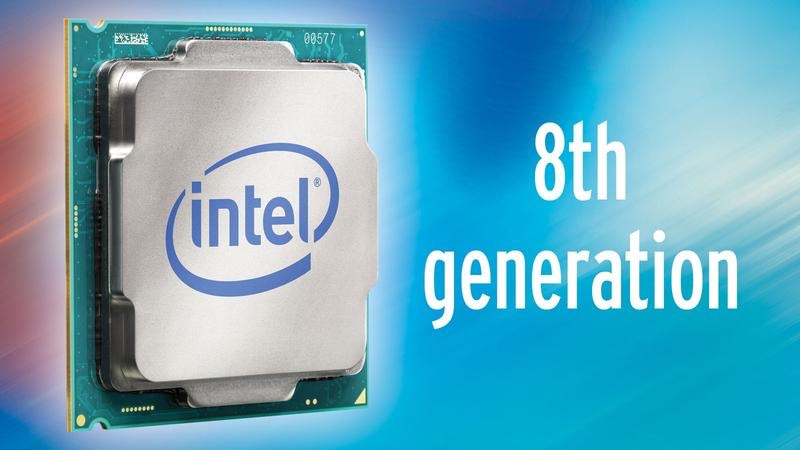 Intel Announced 8th Generation CPUs Coming in Second Half of 2017 (That Means Now)
Intel Announced 8th Generation CPUs Coming in Second Half of 2017 (That Means Now)
When I said that Intel has been secretive about its Coffee Lake CPUs, I didn’t mean to imply that these are arriving as a surprise. Intel has been open about its plans and chip progression, publishing a schedule showing the arrival of its 8th generation processors in the second half of 2017. And the first of these are now arriving.
The company has also published some basic information about the new CPUS, including the fact that they’re based on the same 14nm process as the previous two generations. On a product roadmap released in February, Intel also said to expect an average performance boost of 15% over the current 7th generation Kaby Lake processors.
While not a huge leap forward, don’t forget that Intel is on it’s second new processor release for the year. That means that a PC equipped with a Coffee Lake CPU should have a healthy 30% performance boost compared to one bought last year. That’s pretty significant.
And it will actually be larger in some cases.
What To Expect from Coffee Lake
So Intel has been largely keeping mum on official details through the year, but in recent weeks the company has begun to let out additional information. One of the tidbits mentioned by Intel at the end of May involves its U-series mobile processors. According to intel, an 8th generation Coffee Lake mobile CPU running at 4GHz turbo speed (base clock speed wasn’t specified) with four cores and eight threads was 30% faster than the current i7-7500U equivalent when running the SYSmark 2014 version 1.5 benchmark test.
That’s very specific information and the big improvement is unlikely to be seen across the board with all new Coffee Lake chips under all tasks (remember that Intel already published a 15% average performance improvement roadmap), but it’s promising.
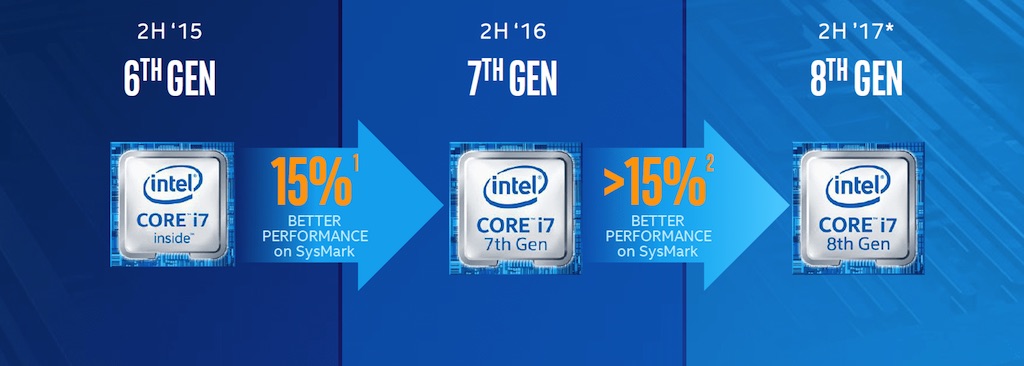
It also reveals something about Intel’s response to the Ryzen CPUs, specifically the fact that this Coffee Lake mobile CPU had doubled both its processor cores and thread count compared to the Kaby Lake version. This should make Coffee Lake CPUs much more effective with applications that take full advantage of multi-core and multi-thread support, including gaming and virtual reality. It’s also safe to assume the mobile Coffee Lake chips will improve on battery life.
You can expect laptops and computers with Intel’s 8th generation Coffee Lake CPUs to available soon at Best Buy. If you recently bought a PC with a Kaby Lake CPU, it probably won’t make sense to upgrade (unless you’re running a VR setup or otherwise pushing the limit of your current silicon), but if you have a computer that’s a few years old, you should be pretty happy with the performance improvements Coffee Lake CPUs will offer.


